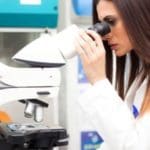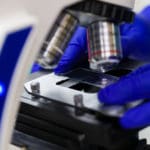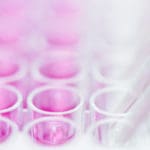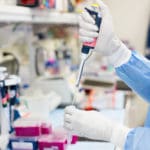Type: Breast cancer

Dr Blancafort and her team will develop a test to detect a gene prolific in aggressive forms of breast cancer and identify new treatment targets.

Dr Michelle McDonald and her team are in a unique position to examine how some drugs help to keep cancer cells in bone at bay.

This project will improve understanding of what causes treatment resistance in ER+ breast cancer and identify new ways to overcome it.

Immunotherapy is yet to make a substantial impact on treatment for advanced breast cancer, A/Professor Swarbrick wants to understand why.

This project will investigate how these vital pain suppressing neurons control pain in advanced breast and prostate cancer.
This project will narrow in on a specific gene regulation process known to play a role in the cancer development.

This project has worked to improve treatments and reduce the major challenge of some breast cancer patients’ resistance to endocrine therapy and relapse.

Professor Clarke’s team has been unravelling the complexities of breast cancer by providing new insight into the structure of the normal breast and how progesterone may be linked with cancer risk.

This project will lay the foundations for possible clinical trials of drugs targeting the ELF5 protein as a way of preventing hormone therapy resistance in breast cancer.
